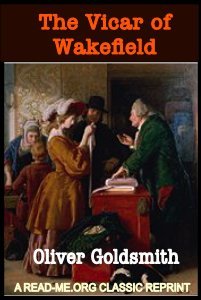By R. L. Stevenson. Edited by Colin Heston
"The Black Arrow: A Tale of the Two Roses" is a historical adventure novel by Robert Louis Stevenson, first published in 1888. Set during the tumultuous period of the Wars of the Roses in 15th-century England, the story follows the young protagonist, Richard Shelton. Richard is caught in the conflict between the houses of York and Lancaster, and his journey is marked by themes of loyalty, betrayal, and revenge. The novel begins with Richard discovering that his guardian, Sir Daniel Brackley, is involved in treacherous activities. As Richard seeks justice for his father's murder, he joins forces with a band of outlaws known as the Black Arrow. The leader of the outlaws, John Amend-All, becomes a key ally in Richard's quest. Throughout the narrative, Richard faces numerous challenges, including battles, escapes, and romantic entanglements with Joanna Sedley, a young woman disguised as a boy. Stevenson's vivid descriptions and fast-paced plot make "The Black Arrow" a captivating read. The novel seamlessly combines elements of adventure, romance, and historical fiction, offering readers a thrilling portrayal of medieval England and its intricate political landscape.
Volume VIII of the Swanston Edition of "The Works of Robert Louis Stevenson" continues to showcase Stevenson's literary versatility. This volume typically includes a mix of his essays, short stories, and other writings, reflecting his wide-ranging interests and talents. The Swanston Edition is renowned for its comprehensive and authoritative compilation of Stevenson's works, providing readers with an in-depth exploration of his literary contributions. Each volume in this series highlights Stevenson's ability to engage readers with his storytelling prowess across various genres and styles. This volume has been carefully edited and redesigned by Colin Heston, a renowned novelist and storyteller, to make the book more enjoyable and comprehensible to the modern reader.
Read-Me.Org Inc. New York, Philadelphia, Australia. 2025. 178p.


















